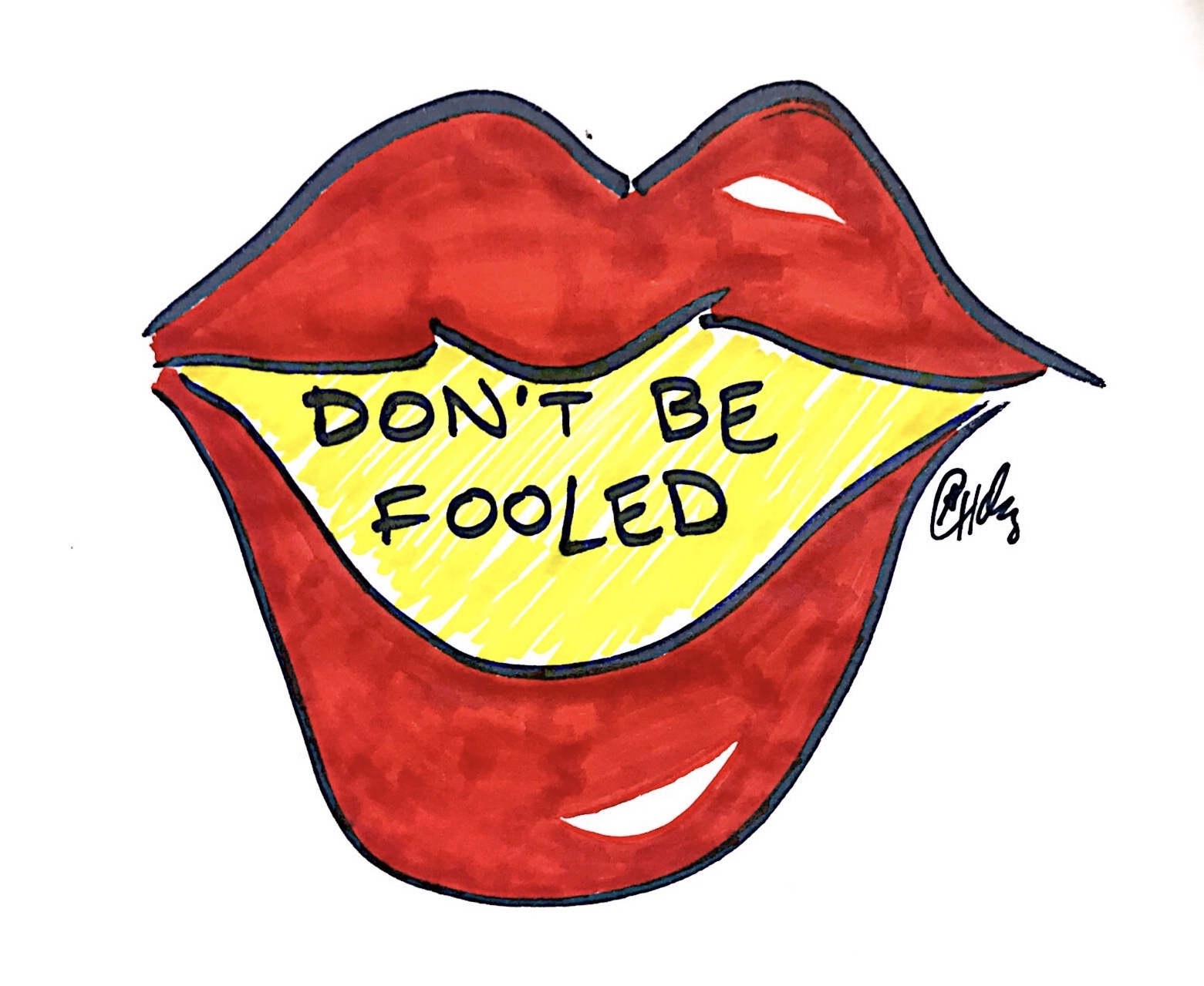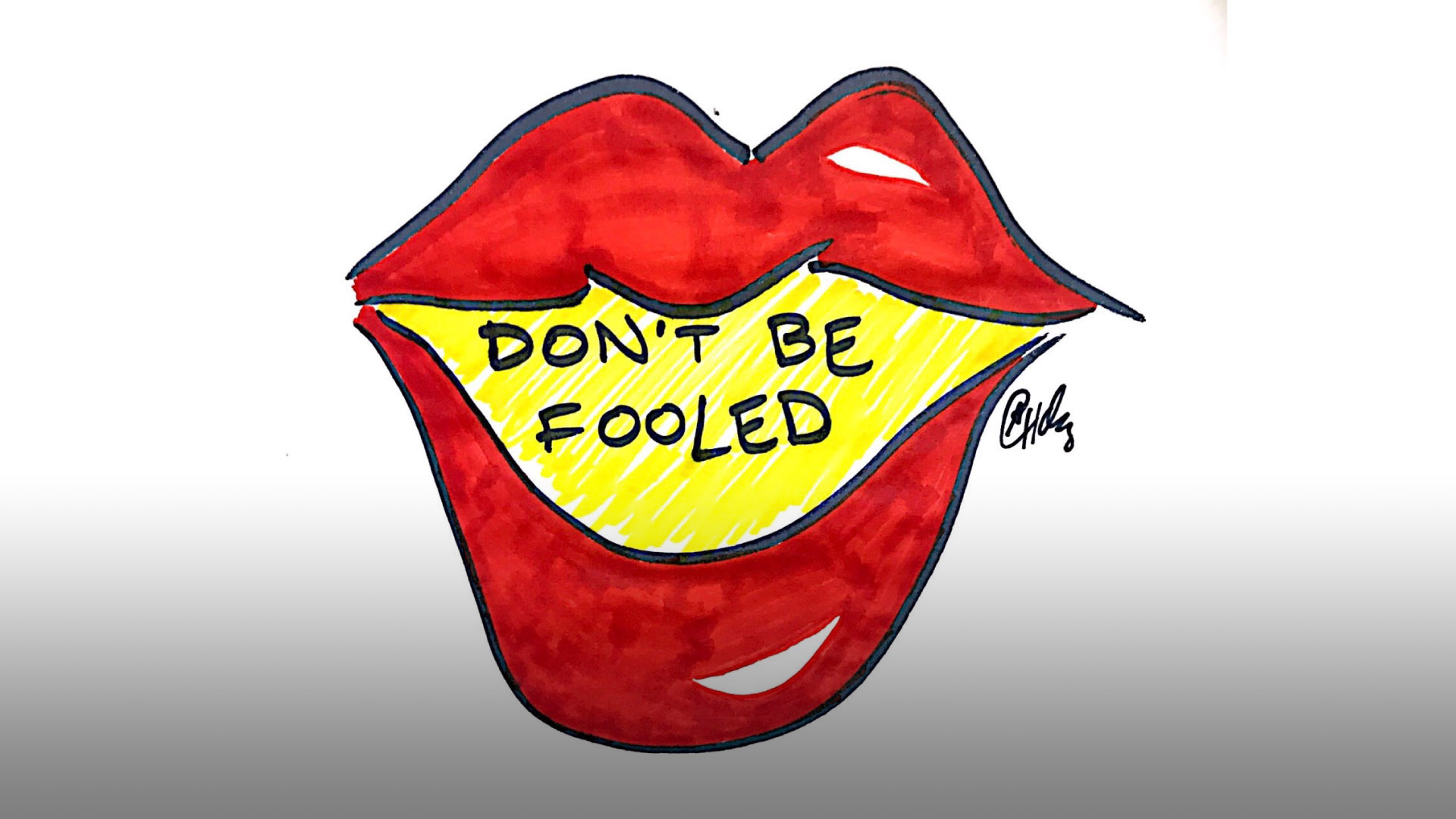Advertisers Can Keep Their Girl Power Slogans, We Need Substance
In recent years, women empowerment has been a trending topic. Many brands have jumped on the “femvertising” bandwagon to demonstrate that they value the influence and unlimited potential women have, especially young girls. The campaigns created by these brands usually emphasize women’s determination, strength and intellectual capacity.

I believe this is a positive and necessary message to be conveyed to boys and girls, but I don’t think these advertising agencies are actively seeking to promote women empowerment.
Instead, they are perpetuating female idealization.
Dove, Gillette and Always are examples of companies that are known for their “femvertising.” Some of these companies commercials have gone viral. That only adds to the free promotion their products get.
For example, Always’ #LikeAGirl campaign received favorable reviews for its short film-esque ads about experiences that most young girls and women can relate to. While the campaign seldom mentions any feminine hygiene products, Always is still using these “girl boss” storylines as marketing tools.
Pantene, a hair care line, used the “Sorry Not Sorry” slogan in one of its commercials to discourage women from over-apologizing. While I consider this a great narrative, we must keep in mind that Pantene is ultimately trying to sell hair products, not female empowerment. Look no further than #shinestrong, the hashtag featured at the end of the commercial. It’s clever, but all about hair care, nonetheless.
I will say this though: these brands do an excellent job of producing emotionally-charged content. Dove’s #MyBeautyMySay made me teary-eyed. The campaign focuses on the stories of women who have not allowed judgments of their appearance to define them. As a young woman in society, I know how crucial it is for women to not let their physical appearance be a measurement of their success or capability.
However, I can’t help but recognize that these are advertisements and they fail to take into account the many women who are underpaid, exploited and assaulted in the workplace, and sometimes fired after returning from maternity leave.
I can’t help but ask myself how these makeup, hair or fashion brands define female empowerment. Brands that deal with fashion and makeup items typically focus on enhancing one’s physical appearance. Therefore, are they encouraging women to feel the need to look more presentable? According to societal standards, I believe the answer is yes.
There is nothing wrong with promoting beauty or fashion products, however, looking good isn’t a requirement to change the world. I believe these brands should be using their platforms to send messages that are more effective at inspiring women to embrace their inner beauty.
As much as “femvertising” aims to empower women, I feel that many beauty, fashion and skincare companies claim to be allies of the movement for marketing purposes, rather than genuinely using their influence to advocate for women’s rights and empowerment.
I’m all about raising awareness for gender inequality and toxic masculinity, yet more conversations need to be had. We don’t just need t-shirts that say “Girl Power,” we need action and substance, too.




